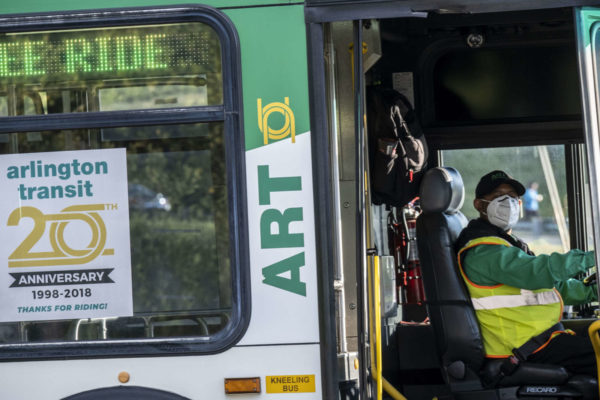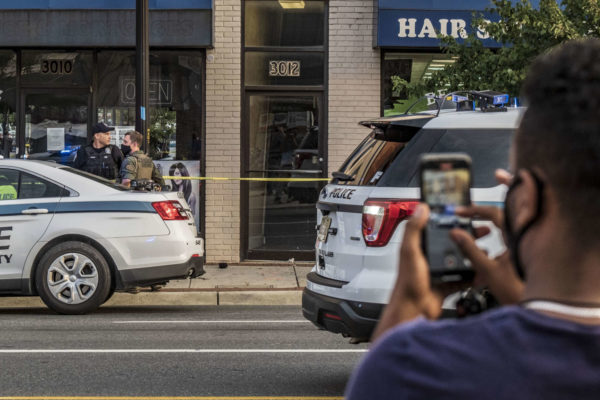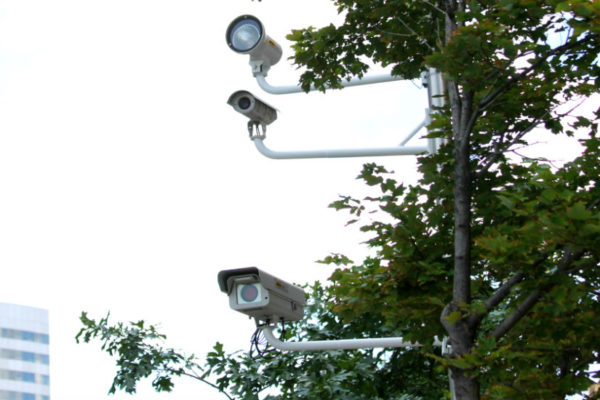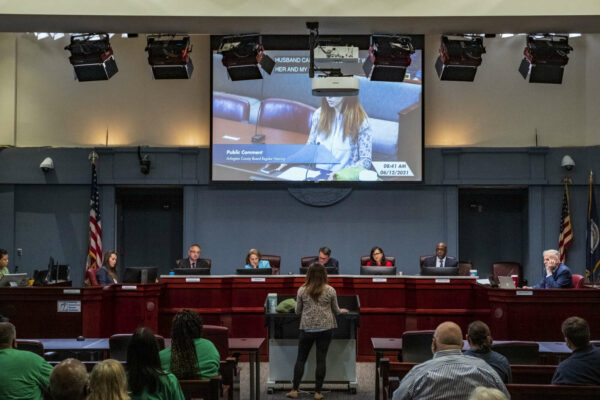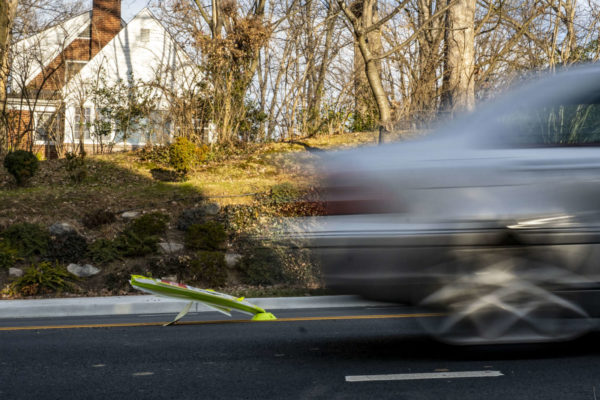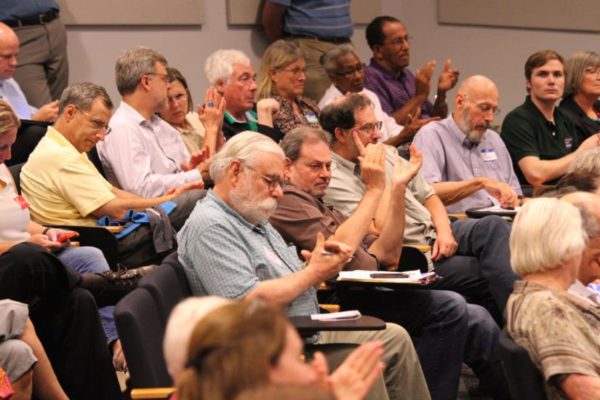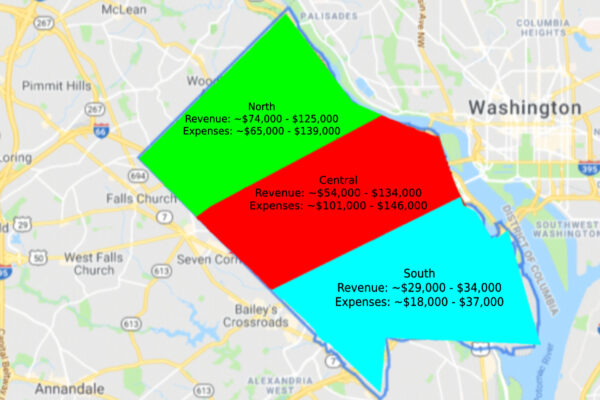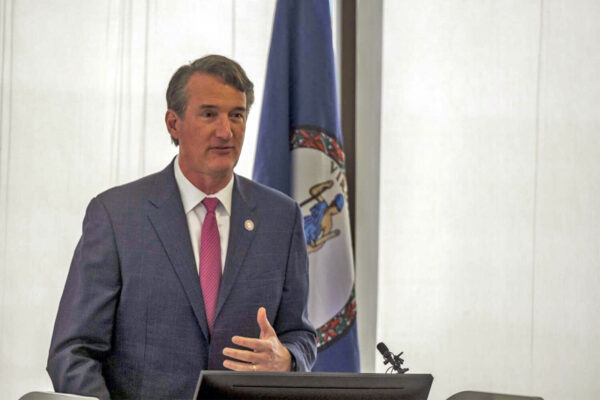
(Updated at 1:55 p.m.) Gov. Glenn Youngkin’s first veto could mean Arlington’s police oversight board cannot be led by an independent policing auditor.
Today (Tuesday), the Republican governor vetoed his first bill: HB 670, put forward by Arlington’s Del. Patrick Hope (D). It would have granted the Arlington County Board permission to appoint an independent auditor who would oversee the Community Oversight Board (COB), which is tasked with handling civilian complaints of misconduct by Arlington police officers.
Arlington County Board Chair Katie Cristol told ARLnow this morning that the Board wants to work with Youngkin to clarify the powers of the county’s police oversight board and the role of the auditor in hopes that he will rescind the veto.
The Arlington County Democratic Committee decried the veto as “play[ing] politics with a commonsense measure that passed the GOP controlled House.”
Vetoing Arlington
Despite passing with bipartisan support Governor Youngkin vetoed a bill from @HopeforVirginia that would have allowed an independent police auditor in Arlington
There is no reason to play politics with a commonsense measure that passed the GOP controlled House https://t.co/9TSNf4Tlpr
— Arlington Democrats (@arlingtondems) March 1, 2022
The policing auditor would have been a County Board-appointed position and the person filling the role would have answered directly to the Board. Most other top managerial positions report to the Board-appointed County Manager.
Should Youngkin’s veto remain in place, Cristol says the COB would still be led by an auditor, but this leader would instead answer to County Manager Mark Schwartz. That would mean a weaker auditor, she adds.
“It was really important that the independent policing auditor be just that, and not be under the chief law enforcement official of the county, which is the County Manager,” Cristol said.
Cristol says the Board wants to work with Youngkin because it seems — by his press release — that he misunderstands what the COB can and cannot do. She said the governor may have vetoed the bill based on a faulty understanding of the new body’s powers.
“Based on his press release, I think he made this action without full knowledge of what he was vetoing,” she said. “Specifically, he says, in referencing his vetoing of the bill, the Community Oversight Board would ‘make binding disciplinary determinations, including termination and involuntary restitution.’ Our ordinance didn’t empower the COB or the independent auditor to do that.”
Hope’s bill was merely an “administrative fix” to a bill passed last year, she said.
“Assuming this does stand, we are incredibly disappointed,” she said. “It’s not an expansion of [the] Community Oversight Board in the Commonwealth. It puts Arlington into parity with other jurisdictions in the Commonwealth.”
Del. Hope explains that his bill corrects for a shortcoming in the county charter that requires the County Board to get permission from the General Assembly to make any hire. He says Youngkin’s response is a new one.
“In my 13 years of service, I don’t ever recall seeing a Governor vetoing a local Charter bill,” he said. “To say that I’m disappointed the Governor would use his veto pen on a Charter bill to make a misguided political statement is an understatement.”


